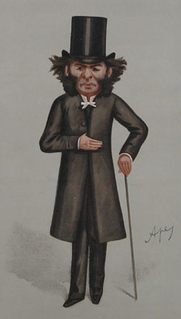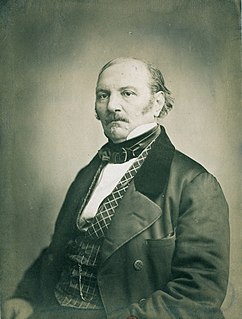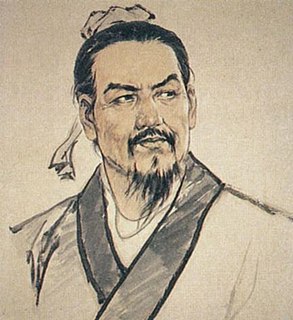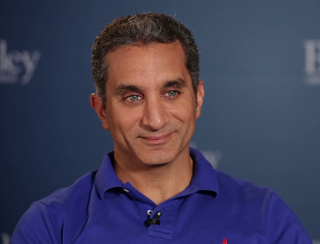A Quote by Aristotle
Good laws, if they are not obeyed, do not constitute good government.
Quote Topics
Related Quotes
I know some say, let us have good laws, and no matter for the men that execute them: but let them consider, that though good laws do well, good men do better: for good laws may want good men, and be abolished or evaded [invaded in Franklin's print] by ill men; but good men will never want good laws, nor suffer ill ones.
God did not create the evil. He established the laws which are always good because he is good. The spirits would have been completely happy had they faithfully observed the law since the beginning. But, being free to make choices, the spirits have not properly obeyed them so that evil come as a consequence of this unwillingness. One can then say that good corresponds to everything which is in accordance with God's law while evil is everything which opposes it.
You have to almost apologize for saying, please enforce the laws. The laws, that they're [government] receiving good federal dollars to be able to ensure for public safety, which is incumbent upon them to secure on the streets in every city and state across this country. And instead government allows individuals who are a risk, who are a threat, to come back in the country, routinely, regularly without any kind of checks and balances.
I recognized that there are some well-known, little understood, and seldom practiced laws that we must live by if we wish to find peace within or without. Included are the laws that evil can only be overcome by good; that only good means can attain a good end; that those who do unloving things hurt themselves spiritually.
The way that things happen in Egypt, the government - or the head of the government - don't get personally involved. They were always goonies and agents and people who do that kind of work for the government either by direct instructions or because they think that they're doing something good or they want to be on the good side of the government.
For what is meant by saying that a government ought to educate the people? Why should they be educated? What is the education for? Clearly, to fit the people for social life - to make them good citizens. And who is to say what are good citizens? The government: there is no other judge. And who is to say how these good citizens may be made? The government: there is no other judge. Hence the proposition is convertible into this - a government ought to mold children into good citizens, using its own discretion in settling what a good citizen is and how the child may be molded into one.









































